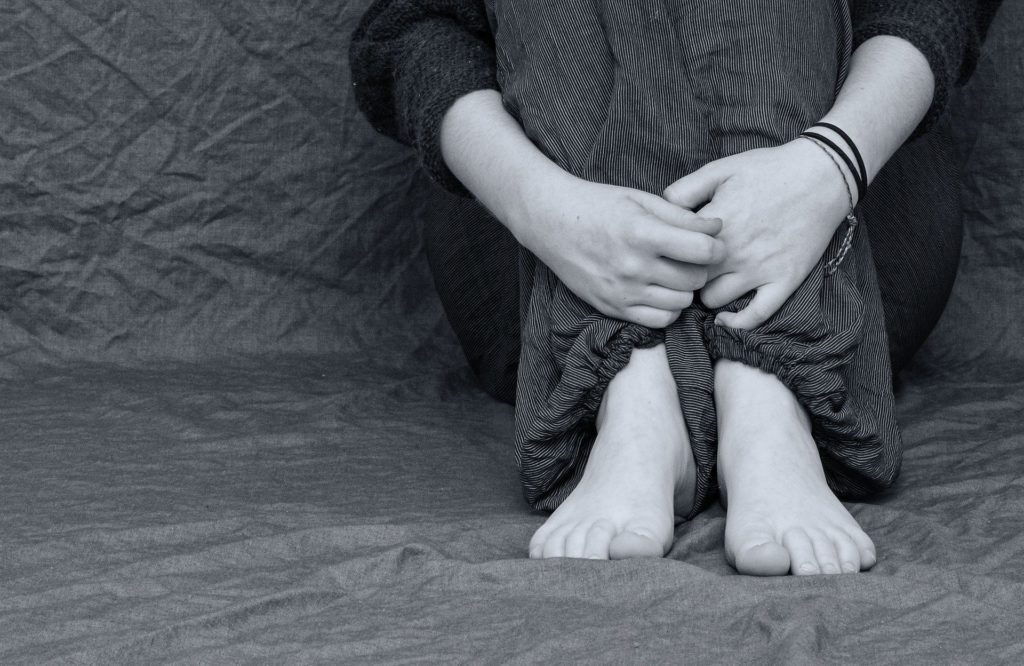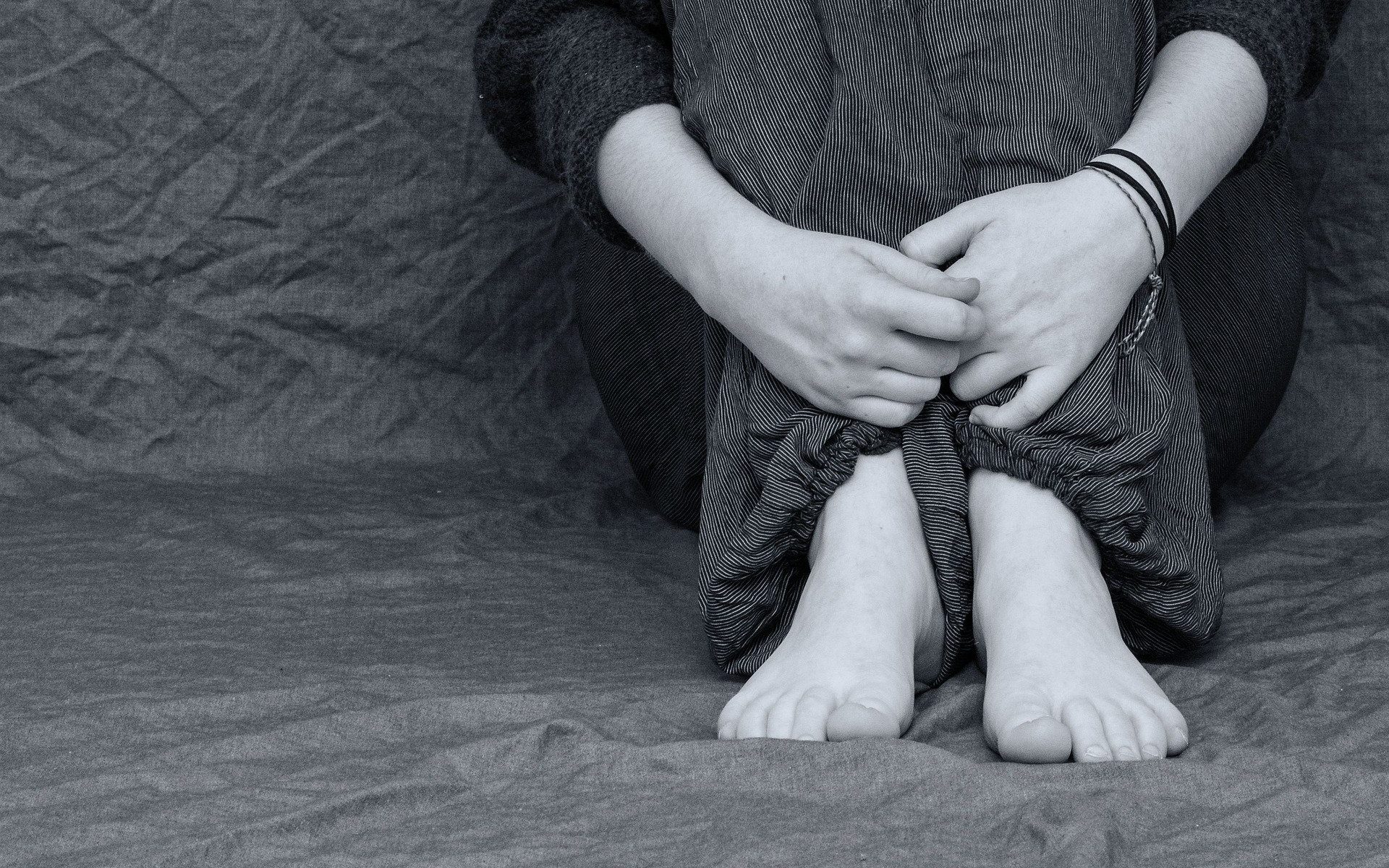Maria Björkmark
 Religious disaffiliation may lead to considerable changes in a person’s life, such as changes in identity, social networks, well-being and health. Still, few studies have explored this subject, especially from a nursing or health care perspective.
Religious disaffiliation may lead to considerable changes in a person’s life, such as changes in identity, social networks, well-being and health. Still, few studies have explored this subject, especially from a nursing or health care perspective.
As a PhD student at the Department of Caring Science at Åbo Akademi University in Vaasa, I am working on a dissertation about religious disaffiliation and how we can develop support and care for persons in this context. In this article I will present some of the themes related to my research.
A safe congregation (turvallinen seurakunta)
The starting point of all church and congregation activities should be taking care of the safety of those who participate, under all circumstances. Churches and congregations should be safe for people, without any danger and threats. This safety should include safety on all different levels: physical, psychological, spiritual, social and sexual safety. (Turvallinen seurakunta, 2018.) Unfortunately, this safety is not always guaranteed and people may be violated, also within religious communities.
In most parts of the world, people have a freedom of religion, which includes freedom of thought, conscience and religion. Even if this freedom also includes the right to change one’s religion or belief, this right is not always respected (Enstedt, Larsson & Mantsinen, 2020).
Religious abuse (hengellinen väkivalta)
Religious abuse is the use of deliberate power or other activities that causes physical, psychological or spiritual damage to a person. Religion or spiritual doctrine is the purpose and instrument of this harmful activity, either directly or indirectly. Religious abuse does not respect the person’s own will, ability or possibilities to influence matters concerning her own life. It leads to violations of a person’s interests and rights and consequences that affect her life and health. (Villa, 2013.)
In other words, religious abuse is psychological abuse that has a religious dimension. Religious abuse may be done by supressing, intimidating, blaming, isolating, controlling or by trying to convert another person. The purpose is to supress the other person’s worldview, way of life or opinions. Religious abuse may also include elements of physical, sexual and financial abuse. (Linjakumpu, 2015.)
Religious abuse can occur in established, traditional religious communities as well as in new religious movements. The risk of becoming the victim of religious abuse is usually greater within for example fundamental groups, with a strong, charismatic leader. Religious abuse may be part of the community culture or it can occur in individual cases. Healthy religion supports the wellbeing of a person and gives joy and hope in life. However, the effects of unhealthy and destructive religion are the opposite. As religion is connected to a person’s deepest values and identity, these effects may lead to mental health problems. (Suomen Evankelis-Luterilainen Kirkko.)
Communal exclusivity (yhteisöllinen eklusiivisuus)
The occurrence of religious abuse is connected to the self-image and identity of the group. If the group maintains a strong communal exclusivity, it sees itself as a chosen group, superior to other groups and possibly the only group which will be saved. The group members may experience themselves as self-sufficient and have a strained relationship to the outside world. Some groups even experience themselves as being above the laws and norms of the outside society. (Linjakumpu, 2015.) According to Timonen (2013) problems in religious communities tend to remain unidentified, especially if the community is reluctant to engage in dialogue with the outside world. The communal atmosphere, combined with a suspicion of the outside world, make this kind of community susceptible to abuse, such as violence and sexual abuse.
According to a new study done by Kalliokoski (2020) communality (yhteisöllisyys) may enhance or destroy the basic good of a human being. In order to promote communality that strengthens the human good, a group needs to include the right to practice criticism. The suppression of criticism makes a group or communality destructive. The group needs to provide ways for members to criticize practices, and measures by which the criticism is taken seriously and dealt with.
Religious disaffiliation (uskonnollisista yhteisöistä irtaantuminen)
Religious disaffiliation is most commonly defined as: no longer being a member of or involved in the activities of an organization, or no longer identifying yourself with a specific religious group or its belief system (Bromley, 1991). There are a number of reasons why a person chooses to leave their religious community, such as intellectual disagreements with the religion or conflicts caused by lifestyle restrictions.
The preliminary results of my study show that leaving a religious community may lead to serious crisis in a person’s life. First, you may lose your entire world view, all you have believed in and built your life upon. Secondly, you may lose your identity, as your whole identity often is made up of the identity of being a member. And lastly, you may lose your social relationships, which is the most difficult loss of all. Some participants described how they lost all their family members and friends, after they left the community. The crisis comes from all these losses happening at the same time, leading to a situation where you end up lonely and without support. Eventually you need to build a new life for yourself, including a new world view, new identity and new social relationships.
There is a lack of knowledge among health care professionals about the challenges connected to leaving a religious group. A person who is experiencing health problems may not want to talk about the reasons for these problems, because he/she does not believe that the professional will understand. Others do not seek help at all, because they are experiencing shame or mistrust towards the health care system.
In Finland, the organization Support for victims of religions (Uskontojen Uhrien Tuki ry) offers support to persons, and their family members, who have encountered different kinds of problems in religious groups. They provide information as well as peer support (vertaistuki) in the form of support groups all over Finland. They also provide peer support by telephone helplines, group chats and social media support groups.
The PhD project I am working on is an inter-disciplinary, qualitative caring science study, which is supported by the study of religions. The purpose of my research is to increase understanding of the effects religious disaffiliation has on a person’s life and health, as well as the support a person needs in his/her process towards health. The goal is to develop nursing care for those who are experiencing suffering and health problems in this context.
I am very thankful for the opportunity to be on study leave from Centria for two years and for the research grants I have received for my project. In my next article I will tell more about my dissertation and my experiences of being a full-time student.
References:
Bromley, D. 1991. Unraveling religious disaffiliation: The meaning and significance of falling from the faith in contemporary society. Counseling and Values, 35(3), 164-186.
Enstedt, D., Larsson, G. & Mantsinen, T. 2020. Leaving Religion: Introducing the Field. In Enstedt, D., Larsson, G. & Mantsinen, T. (eds.) Handbook of Leaving Religion. Leiden: Brill, 1-9.
Linjakumpu, A. 2015. Uskonnon varjot. Hengellinen väkivalta kristillisessä yhteisössä. Tampere: Vastapaino.
Kallikoski, T. 2020. Yhteisöllisyyden rajat yhteistoiminnan ja ihmisen perushyvien näkökulmasta. Helsinki: University of Helsinki. Doctoral dissertation.
Suomen Evankelis-Luterilainen Kirkko. Sanasto: Hengellinen väkivalta. Available: https://evl.fi/sanasto/-/glossary/word/Hengellinen%20v%C3%A4kivalta Accessed September 5th, 2020.
Timonen, J. 2013. Identiteetin rakentuminen uskonnollisista yhteisöistä irtautuneiden elämänkertomuksissa. Joensuu: University of Eastern Finland. Doctoral dissertation.
Turvallinen seurakunta. 2018. Suomen evankelis-luterilaisen kirkon julkaisuja. Available: https://evl.fi/documents/1327140/44385363/turvallinen-seurakunta-julkaisu.pdf Accessed September 5th , 2020.
Villa, J. 2013. Hengellinen väkivalta. Helsinki: Kirjapaino.
Uskontojen Uhrien Tuki ry (Support for victims of religions). Available: https://www.uskontojenuhrientuki.fi/ Accessed September 5th, 2020.
Maria Björkmark
Senior lecturer of Nursing
Centria University of Applied Sciences, Kokkola
PhD student, Åbo Akademi University, Vasa
maria.bjorkmark@abo.fi


